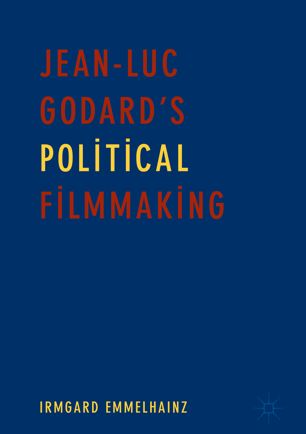

Most ebook files are in PDF format, so you can easily read them using various software such as Foxit Reader or directly on the Google Chrome browser.
Some ebook files are released by publishers in other formats such as .awz, .mobi, .epub, .fb2, etc. You may need to install specific software to read these formats on mobile/PC, such as Calibre.
Please read the tutorial at this link: https://ebookbell.com/faq
We offer FREE conversion to the popular formats you request; however, this may take some time. Therefore, right after payment, please email us, and we will try to provide the service as quickly as possible.
For some exceptional file formats or broken links (if any), please refrain from opening any disputes. Instead, email us first, and we will try to assist within a maximum of 6 hours.
EbookBell Team

4.8
104 reviewsThis book offers an examination of the political dimensions of a number of Jean-Luc Godard’s films from the 1960s to the present. The author seeks to dispel the myth that Godard’s work abandoned political questions after the 1970s and was limited to merely formal ones. The book includes a discussion of militant filmmaking and Godard’s little-known films from the Dziga Vertov Group period, which were made in collaboration with Jean-Pierre Gorin. The chapters present a thorough account of Godard’s investigations on the issue of aesthetic-political representation, including his controversial juxtaposition of the Shoah and the Nakba. Emmelhainz argues that the French director’s oeuvre highlights contradictions between aesthetics and politics in a quest for a dialectical image. By positing all of Godard’s work as experiments in dialectical materialist filmmaking, from Le Petit soldat (1963) to Adieu au langage (2014), the author brings attention to Godard’s ongoing inquiry on the role filmmakers can have in progressive political engagement.